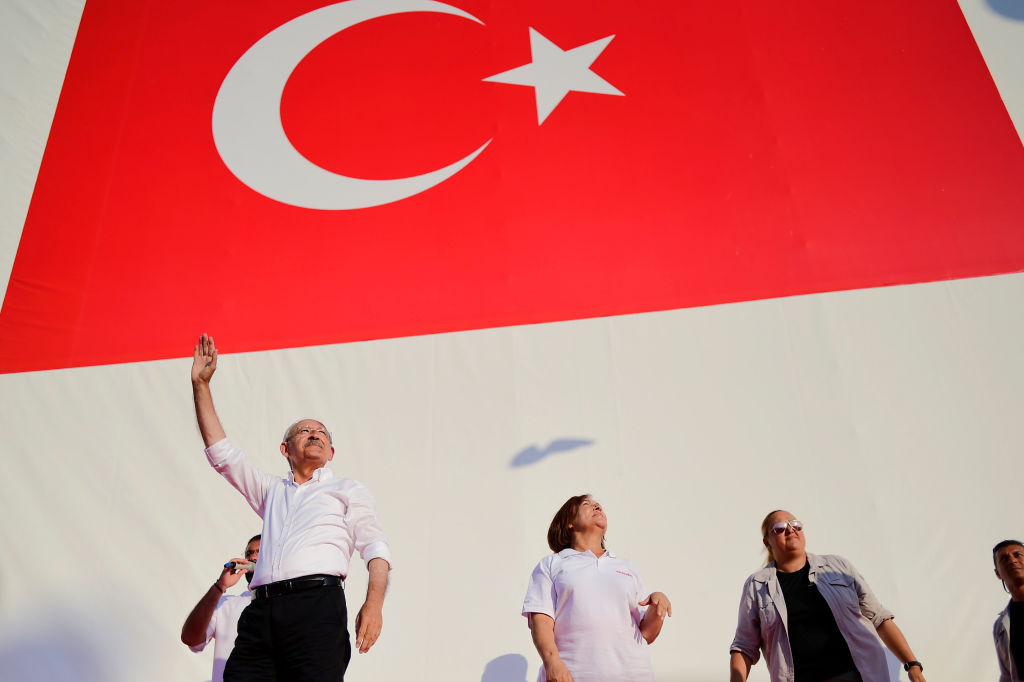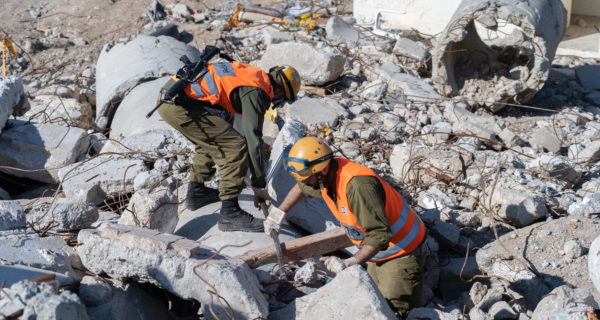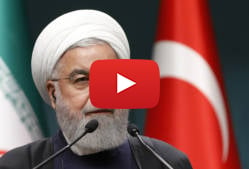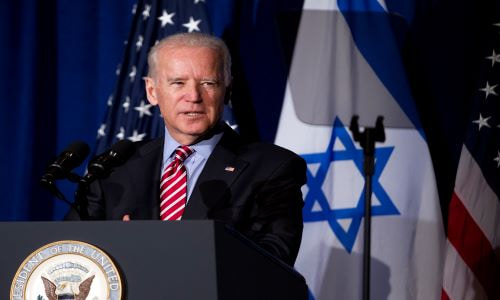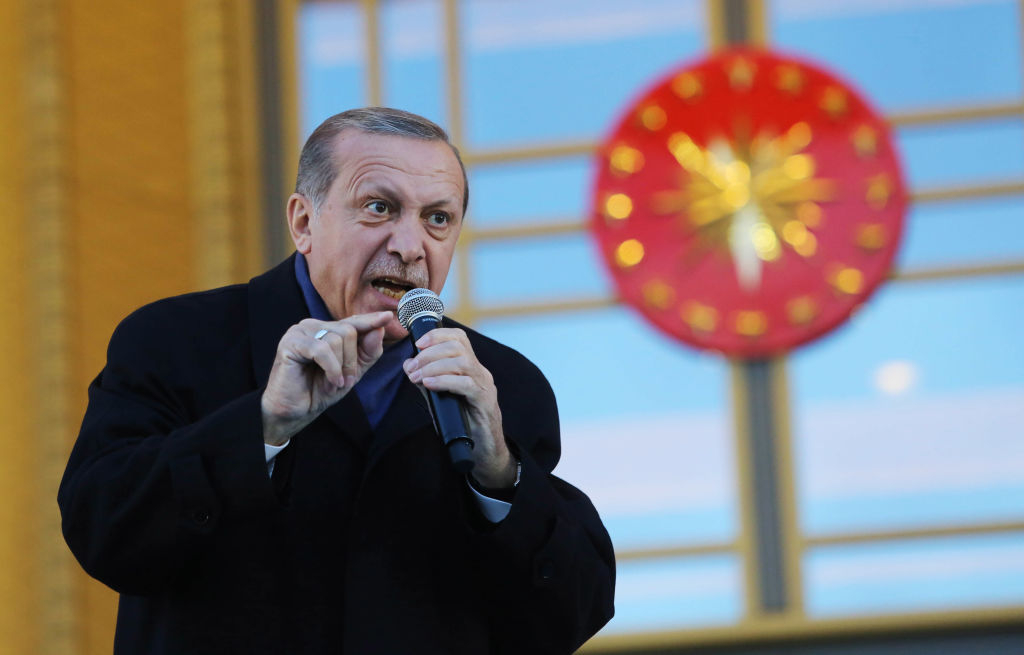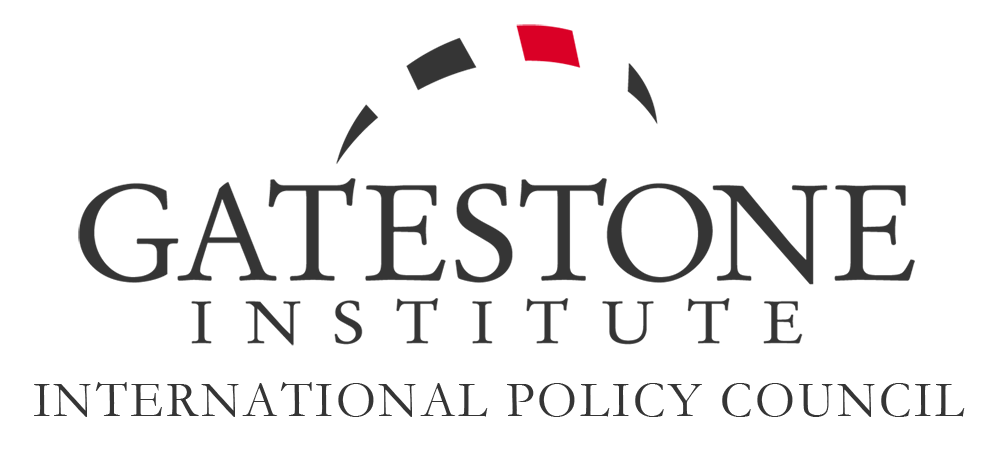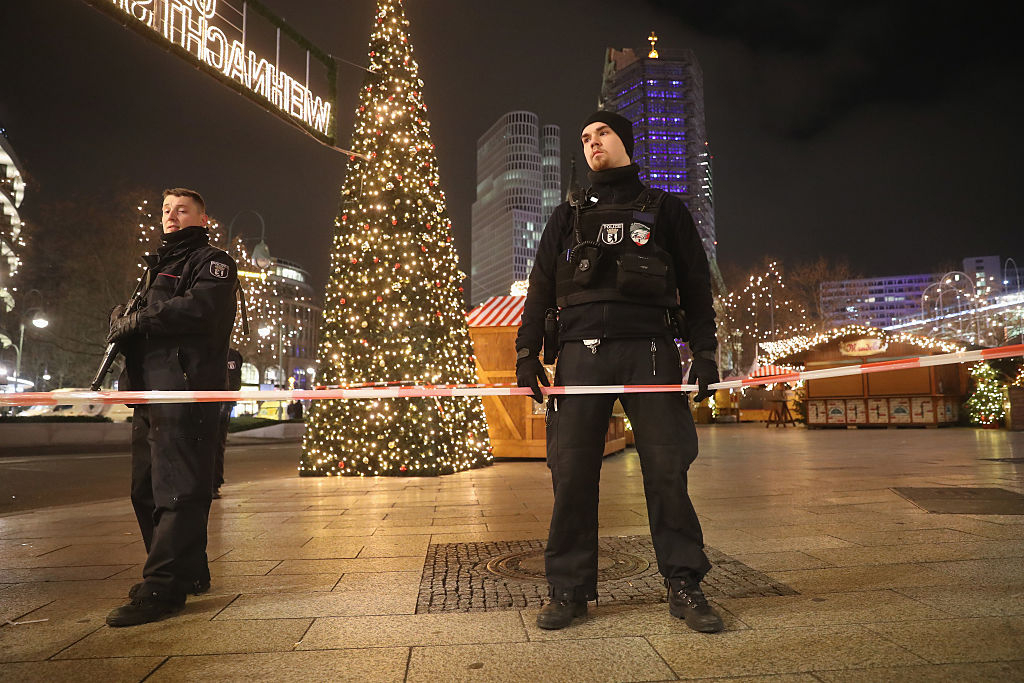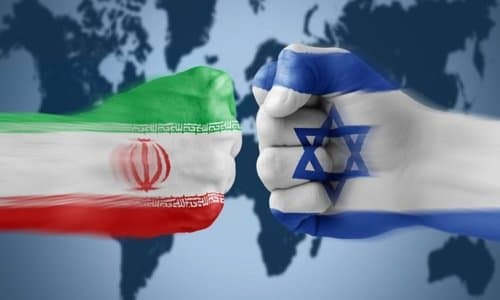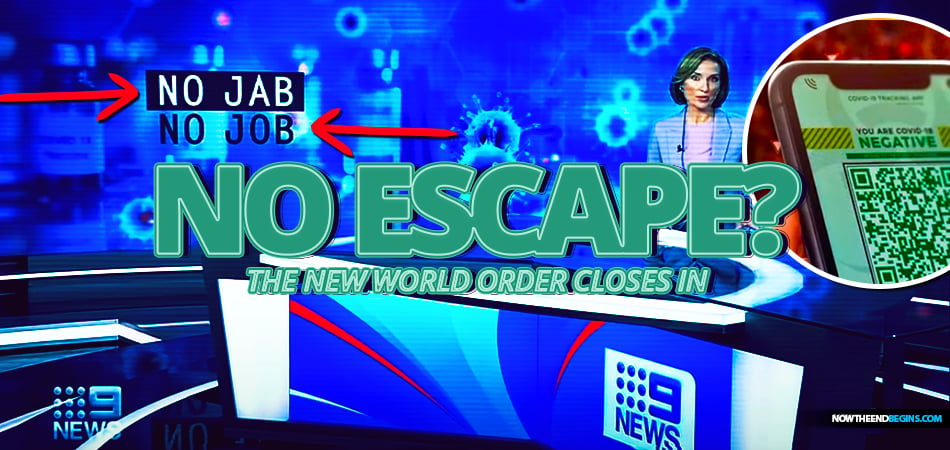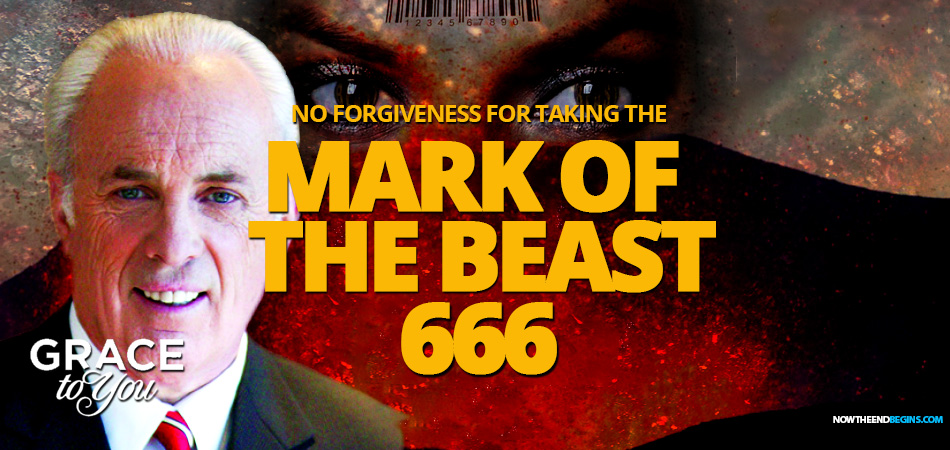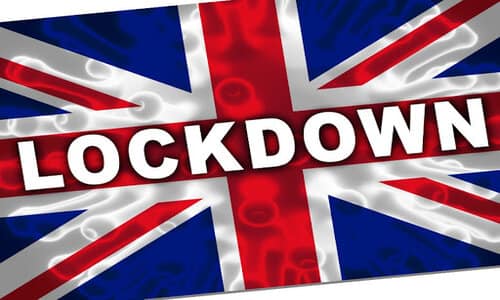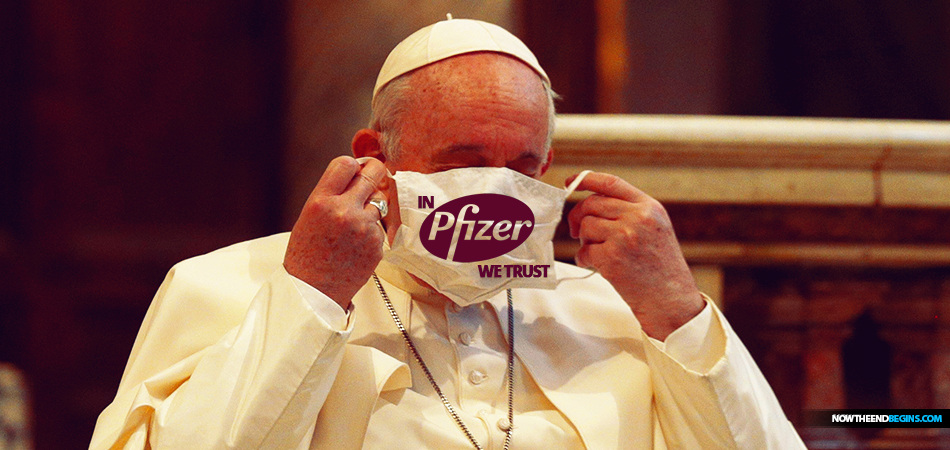
The Vatican has announced that Pope Francis will receive the Pfizer coronavirus vaccine in January, which will also be made available to the 800 residents and nearly 3,000 workers of the Roman Vatican City state.
The king of Vatican City, Jorge Bergoglio, has announced that he will receive the Pfizer COVID-19 coronavirus vaccine in early January, and that it is his desire this vaccine become universal, and given to everyone in the whole world. This is nothing more than grooming for the coming Mark of the Beast which will also be distributed by the Vatican in the very near future.
"For God hath put in their hearts to fulfil his will, and to agree, and give their kingdom unto the beast, until the words of God shall be fulfilled. And the woman which thou sawest is that great city, which reigneth over the kings of the earth." Revelation 17:17,18 (KJB)
The Vatican did not say if Pope Francis will pretend to receive his vaccine jab publicly like Netanyahu and Pence did last week, or if his pretend vaccination will happen privately. But does it really matter? It doesn't. The important thing is that you never forget all this is COVID Theater, it's not real, but it comes with very real and very deadly consequences.
Pope Francis to Receive Pfizer Vaccine Against Coronavirus
FROM BREITBART NEWS: The Vatican will launch its vaccination program against the coronavirus during the first quarter of 2021, which will also allow the pope to travel safely to Iraq in March. The vaccination will not be mandatory for Vatican workers and residents, noted the head of the Vatican’s health department, Andrea Arcangeli, but will be made available for anyone who wishes to receive it.
The pope has spoken often of the vaccine, emphasizing the need to make sure it reaches the groups that need it most. In September, Francis called for universal distribution of coronavirus vaccines, insisting that the “richest” individuals should not be first in line to receive them.
“The recent experience of the pandemic, in addition to a major health emergency in which almost a million people have already died, is turning into a serious economic crisis, still giving rise to poor people and families who do not know how to move forward,” the pope said. “While charitable assistance is being carried out, it is also a question of combating this pharmaceutical poverty, in particular with a widespread distribution of new vaccines in the world,” he continued. “I repeat that it would be sad if the richest people got priority when giving out the vaccine, or if this vaccine became the property of this or that nation and was no longer for everyone.”
“It must be universal, for everyone,” he said.
The pope has reiterated that in the race to produce a coronavirus vaccine, successful results must be shared by all.
“Those who live in poverty are poor in everything, including medicines, and therefore their health is more vulnerable,” Francis said. “Sometimes there is the risk of not being able to be treated for lack of money, or because some populations of the world do not have access to certain drugs.”
“On the ethical level, if there is the possibility of curing a disease with a drug, this should be available to everyone, otherwise an injustice is created,” he declared. “Too many people, too many children still die in the world because they cannot have a drug or a vaccine available in other regions.”
According to a September survey by the Pew Research Center, nearly half of the U.S. population would not accept a coronavirus vaccine if one became available.
“About half of U.S. adults (51%) now say they would definitely or probably get a vaccine to prevent COVID-19 if it were available today; nearly as many (49%) say they definitely or probably would not get vaccinated at this time,” Pew declared. “Intent to get a COVID-19 vaccine has fallen from 72% in May, a 21 percentage point drop.”
Last Monday, leaders of the U.S. Bishops’ Conference released a controversial statement declaring it a “moral responsibility” for everyone to be vaccinated against the coronavirus. The bishops did not say whether this same moral obligation exists in the case of all vaccines against any possible illness, or how to determine which vaccines are morally compulsory and which are not.
In their statement, the bishops specifically addressed the case of the Pfizer vaccine, declaring that in view of the gravity of the current pandemic and the lack of availability of alternative vaccines, the reasons to accept the new COVID-19 vaccine from Pfizer are “sufficiently serious” to justify its use, despite its “remote connection to morally compromised cell lines.” In the early stages of testing, the Pfizer/BioNTech vaccine was tested on cells lines produced from cells that originally came from an aborted fetus. The vaccine, however, is not one of those that use abortion-derived cell lines in the manufacturing process. READ MORE
